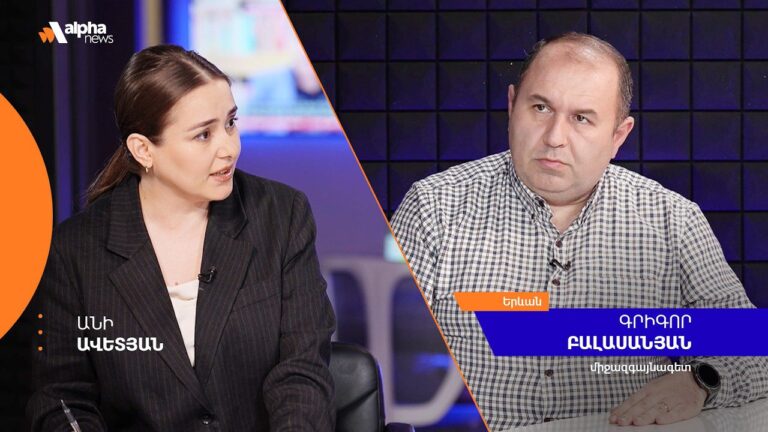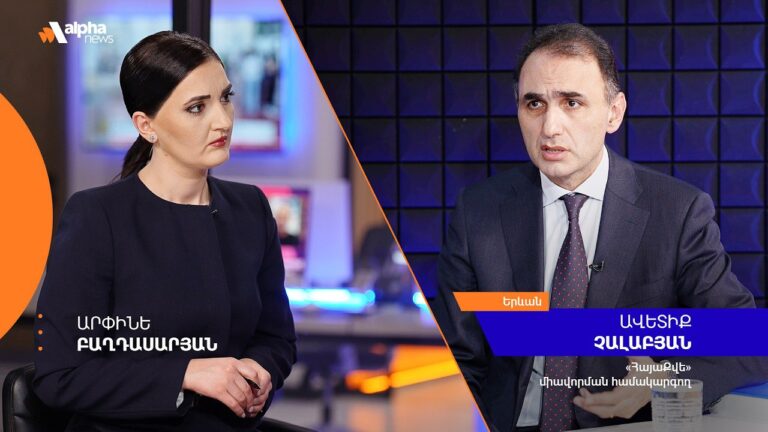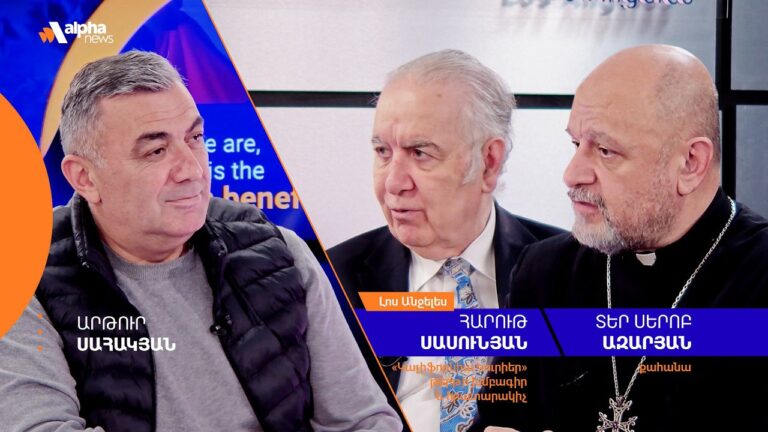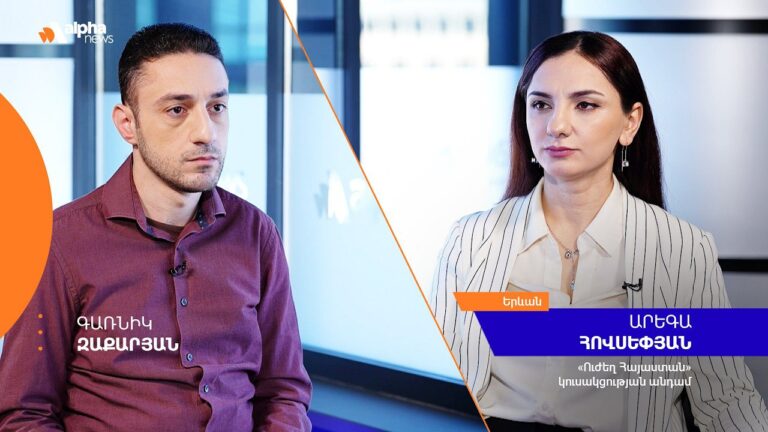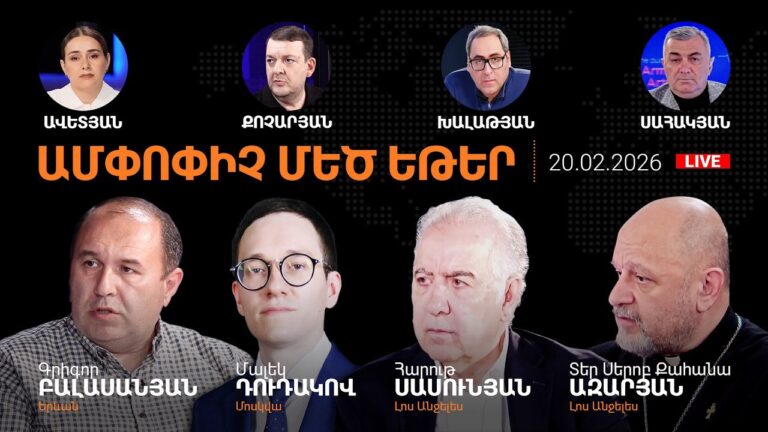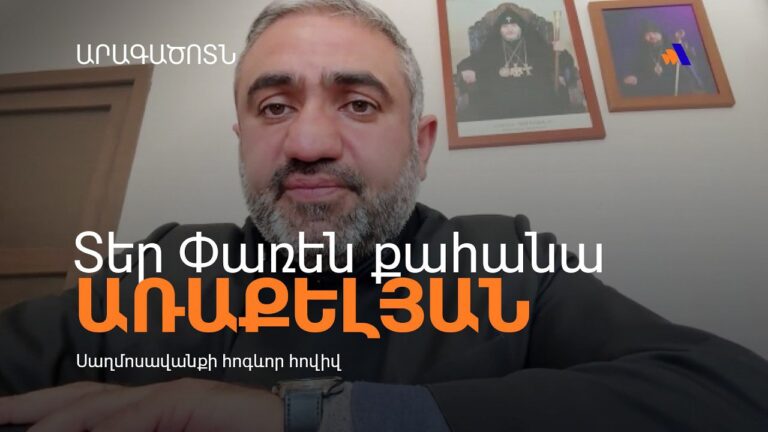‘Don’t expect breakthroughs from this meeting’: expert on Pashinyan-von der Leyen-Blinken meeting
Speaking with Alpha News, Russian political scientist Artur Atayev commented on the upcoming trilateral meeting of Armenian Prime Minister Nikol Pashinyan, US Secretary of State Antony Blinken, and European Commission President Ursula von der Leyen in Brussels.
According to the political scientist, the meeting will focus on promising areas of interaction between Armenia and Western states; however, all sides have different interests.
“You should not expect breakthroughs from this meeting, because although Blinken is the Secretary of State, he is not the first person, and it is the first person who forms the strategy. Now we have this so-called Armenian shift to the West.
I believe this meeting will focus more on promising areas of interaction between Armenia and Western states.
However, there is one peculiarity. What is important for Blinken is not entirely important for Pashinyan and what is important for Armenia is not entirely relevant for the United States. What matters for Armenia is, first of all, the security aspect and the status quo of the situation that has already been established. For the United States, it is now important to form an anti-Russian front in post-Soviet countries. So, for now, most likely, there will be a determination of priorities on both sides. I do not think there will be a breakthrough yet,” Atayev said.
According to the expert, the topic of the Armenian-Azerbaijani conflict will certainly be raised, since this is a key issue for Armenia.
“This is, of course, one of the pressing issues for the Armenian state, and therefore this issue will certainly be raised; this is dictated by the agenda itself. It is also worth noting that the United States is now going through primaries, and in the current conditions, it is very important for them, so I think that there will be no promises. But the positions of the parties will be stated, and it is a fact. It is still very difficult to make predictions because we see that the Armenian diaspora in the United States, which previously took a stance in the election race, is now not particularly relevant. This lobby is no longer as effective as before,” Atayev concluded.

